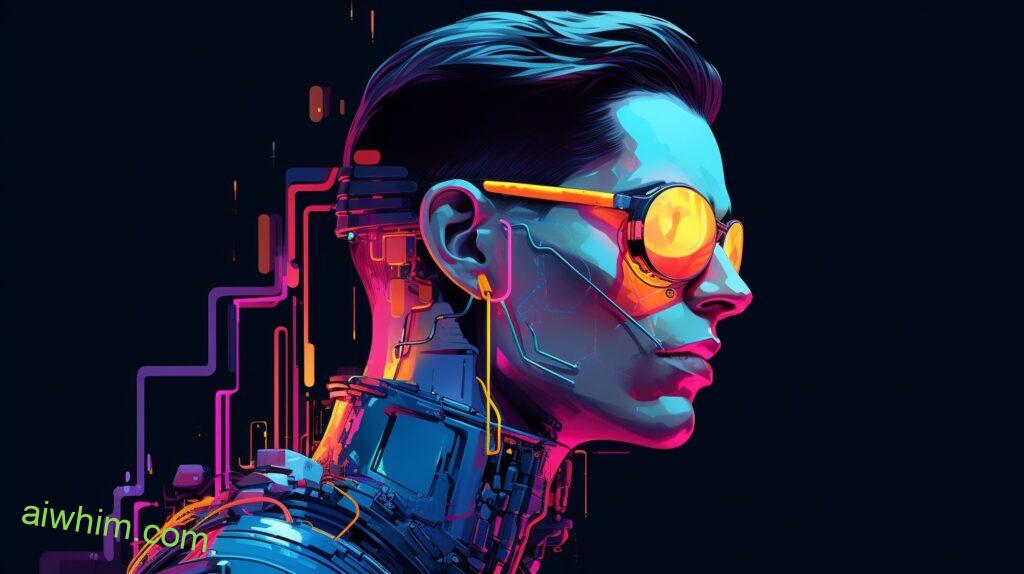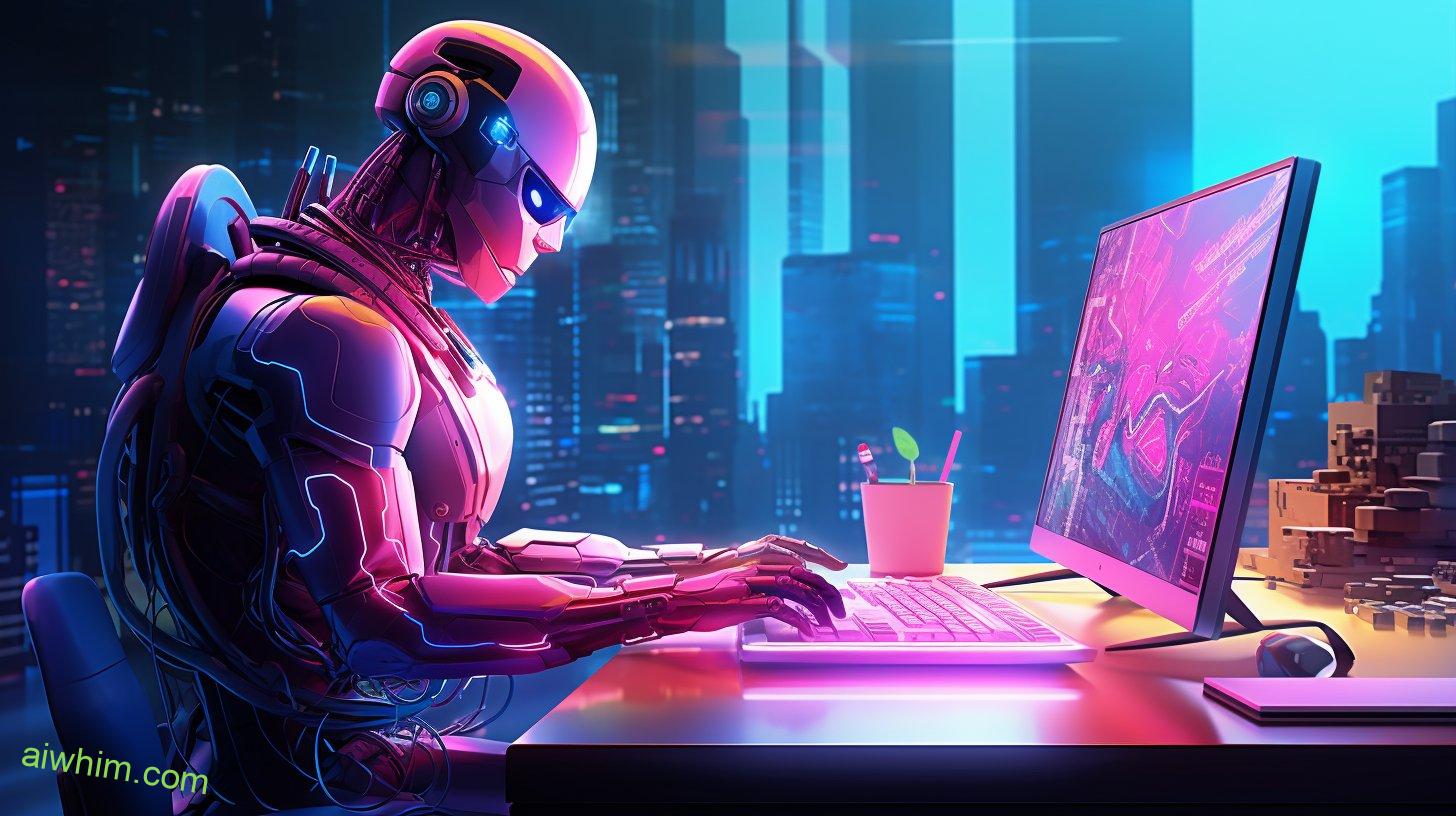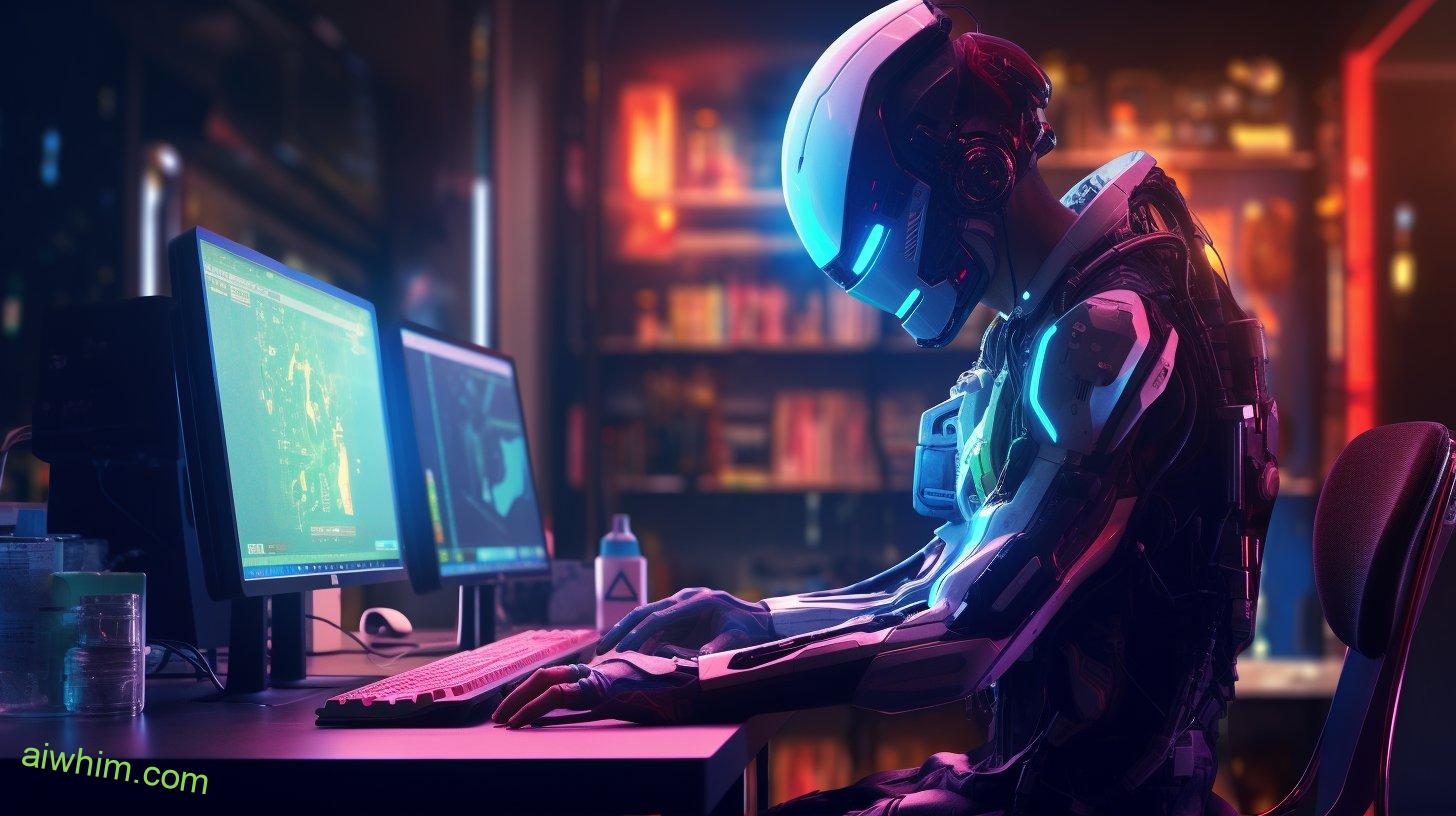Imagine walking into a bustling bar, the air filled with laughter and clinking glasses. As you approach the counter, you notice a sleek, futuristic machine expertly crafting cocktails. AI technology has arrived, raising questions about the future of bartending.
Will these automated systems replace the human touch? Could they serve up your favorite drink with the same precision and care?
Join us as we delve into the fascinating world of AI in bartending and explore the possibilities of a future where man and machine collaborate.
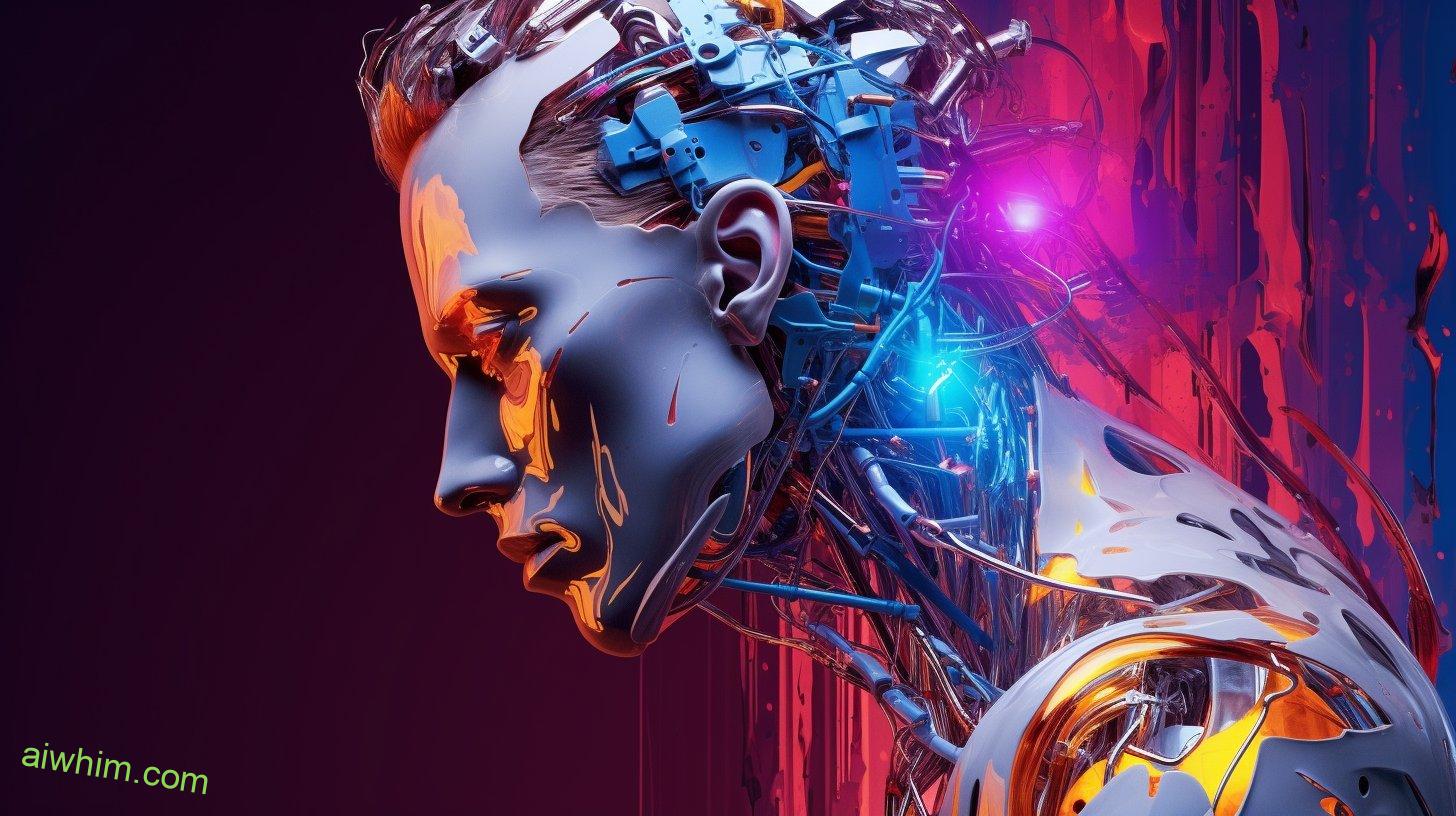
The Role of Bartenders in the Service Industry
Bartenders play a crucial role in the service industry, providing personalized and interactive experiences for customers. As a customer, you value the importance of customer service and appreciate the unique experience that a bartender can provide. The ability to engage with customers, listen to their stories, and create customized cocktails based on their preferences is what sets bartenders apart from automated systems. The impact of automation on job satisfaction can be significant, as it may lead to a lack of human connection and personal touch in the service industry.
When you walk into a bar, you want more than just a drink – you want an experience. Bartenders have the knowledge and expertise to recommend the perfect drink for any occasion, taking into account your preferences, mood, and even the weather. They can suggest new and exciting flavors, introduce you to different spirits, and create unique concoctions that cater to your specific taste buds. The art of mixology isn’t just about pouring and shaking ingredients; it’s about creating an experience that leaves a lasting impression.
Furthermore, bartenders provide a level of interaction and entertainment that can’t be replicated by automation. They can engage in conversations, share stories, and even perform impressive tricks and techniques that captivate and entertain customers. This personal connection enhances the overall experience, making you feel valued and appreciated as a customer.
While automation may streamline certain processes and increase efficiency, it can’t replace the human element that bartenders bring to the table. The impact of automation on job satisfaction can be detrimental, as it eliminates the opportunity for bartenders to connect with customers on a personal level. The joy and fulfillment that comes from providing excellent customer service and creating memorable experiences can’t be replicated by machines.
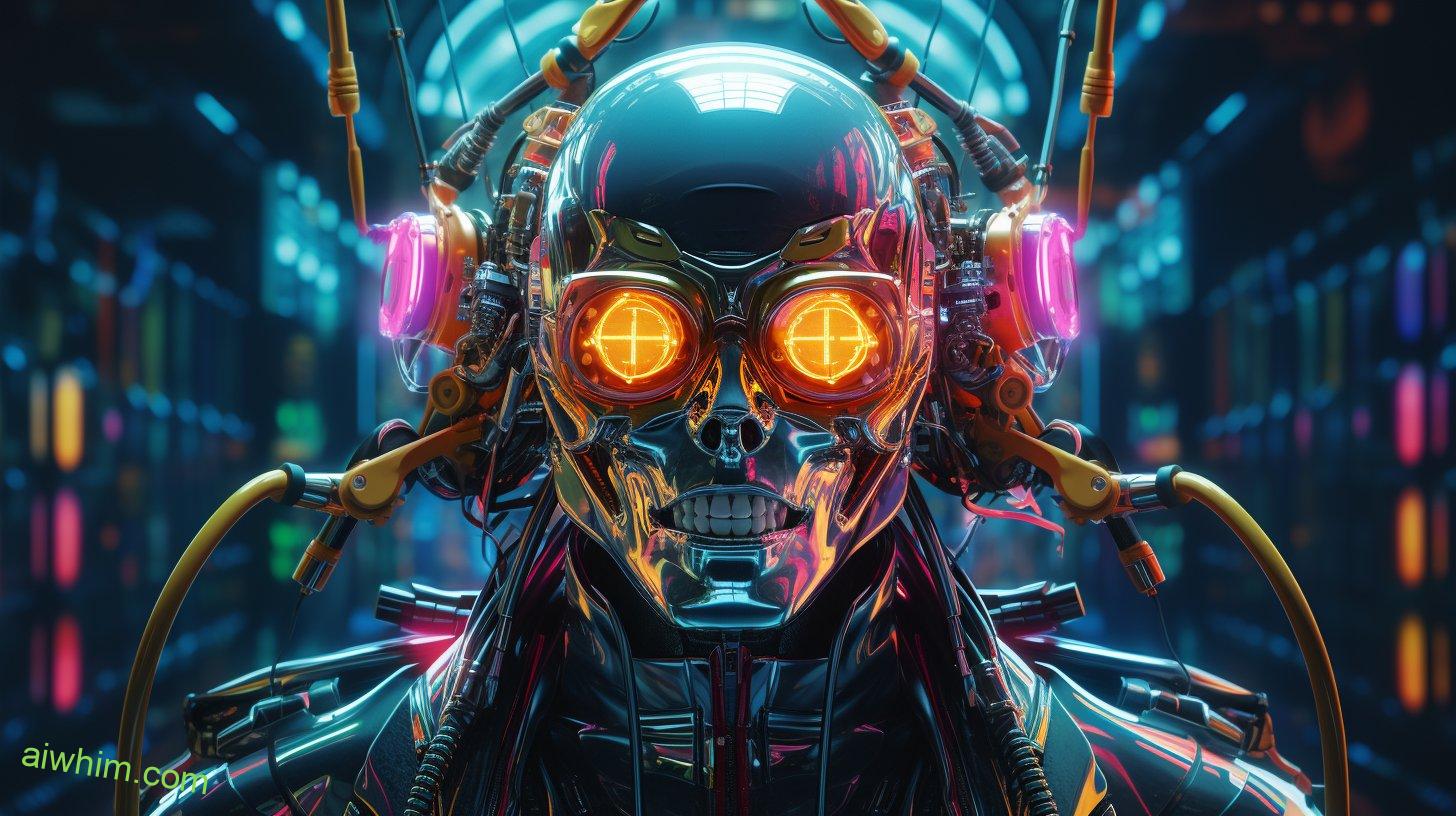
The Advancements in AI Technology
You might be surprised at the rapid advancements in AI technology and how it could potentially reshape the role of bartenders in the future.
Artificial Intelligence, or AI, has made significant progress in recent years, with numerous applications that have the potential to revolutionize various industries, including the service industry.
AI advancements have already started to make their way into the bartending world. One of the most prominent examples is the development of AI-powered robotic bartenders. These machines are capable of mixing and serving drinks with precision and efficiency, eliminating the need for human bartenders in certain settings. With their ability to quickly learn and adapt, these AI-powered robots can provide a consistent and personalized experience for customers.
In addition to robotic bartenders, AI technology is being used to enhance the customer experience in bars and restaurants. AI-driven chatbots are being employed to answer customer queries, take orders, and even recommend drinks based on individual preferences. This not only improves customer service but also frees up human bartenders to focus on more complex tasks, such as crafting unique cocktails or providing personalized recommendations.
Furthermore, AI applications in the beverage industry go beyond just the physical presence of bartenders. AI algorithms can analyze vast amounts of data to identify trends and patterns in consumer preferences, allowing businesses to better understand their target audience and tailor their offerings accordingly. This data-driven approach can lead to more innovative and customer-focused drink menus, ultimately enhancing the overall experience for patrons.
While the advancements in AI technology may raise concerns about job displacement, it’s important to note that these technologies are meant to complement, rather than replace, human bartenders. The role of a bartender goes beyond simply mixing drinks; it involves creating a welcoming atmosphere, engaging with customers, and providing a personal touch. AI technology can assist in streamlining certain tasks, but human interaction and creativity will always be essential in the service industry.
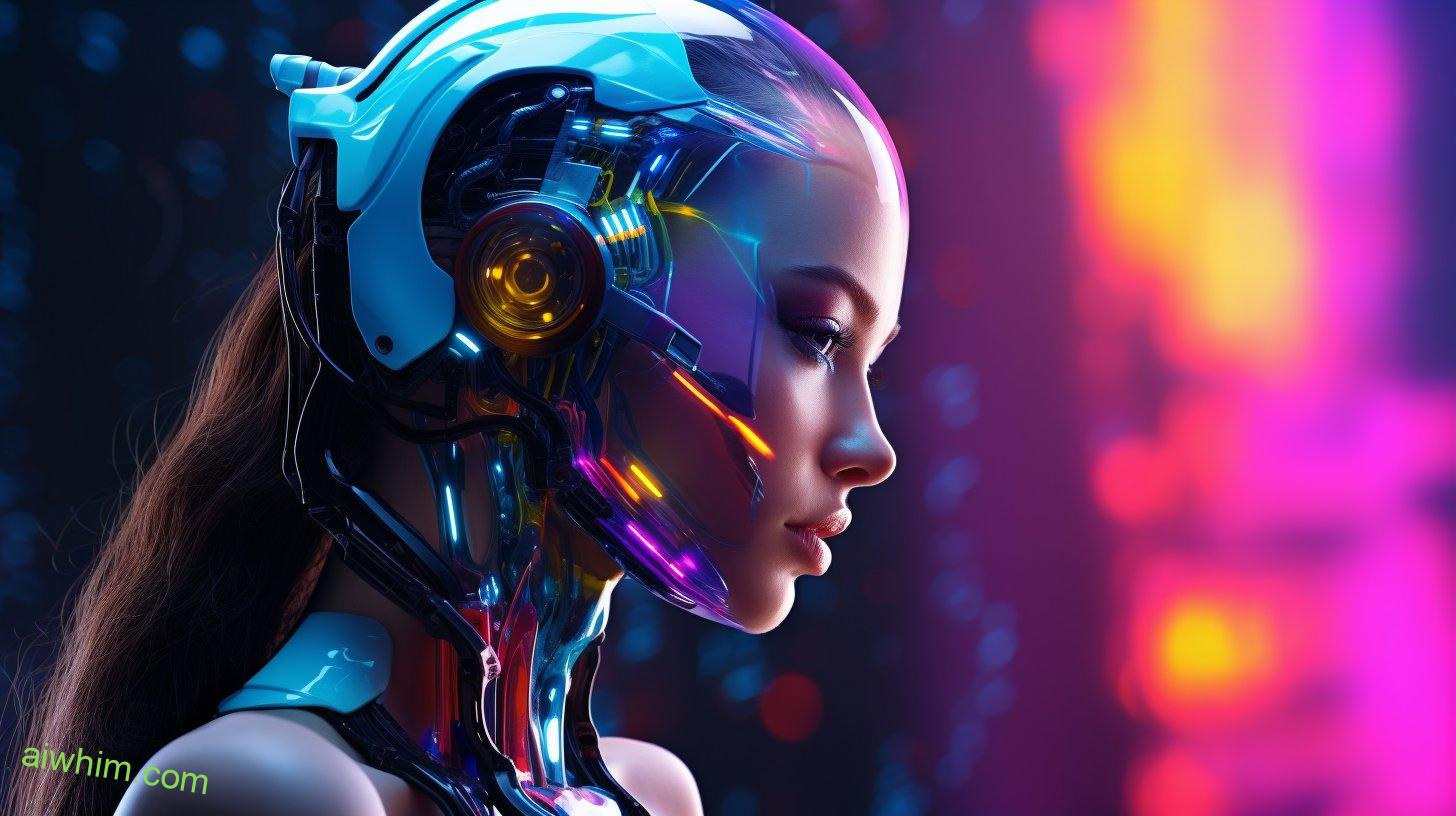
Automated Bartending Systems: A Threat or Opportunity
With the introduction of automated bartending systems, you may wonder how this technology will impact the future of the service industry. Will it revolutionize the way we enjoy a night out? Or will it replace the human touch that many of us value in our interactions? Let’s explore the possibilities.
- Increased Efficiency: Automated bartending systems have the potential to greatly improve customer service efficiency. With these systems, drinks can be mixed and served quickly and accurately, reducing wait times and ensuring consistent quality. No more struggling to catch the bartender’s attention or waiting impatiently for your order to be prepared. You’ll be able to enjoy your favorite drink in no time.
- Customization and Variety: These automated systems can offer a wide range of options for customization and variety. Imagine being able to choose from an extensive menu of cocktails, each tailored to your personal preferences. With the ability to program specific recipes and ingredient combinations, the possibilities are endless. You’ll have the freedom to explore new flavors and discover unique concoctions that suit your taste.
While automated bartending systems have the potential to enhance the customer experience in many ways, it’s important to remember that there are certain aspects of bartending that may be difficult to replicate. The human element, the personal touch and connection, is something that many people appreciate when they visit a bar. It’s the friendly banter, the recommendations, and the ability to adapt to individual needs that sets bartenders apart.
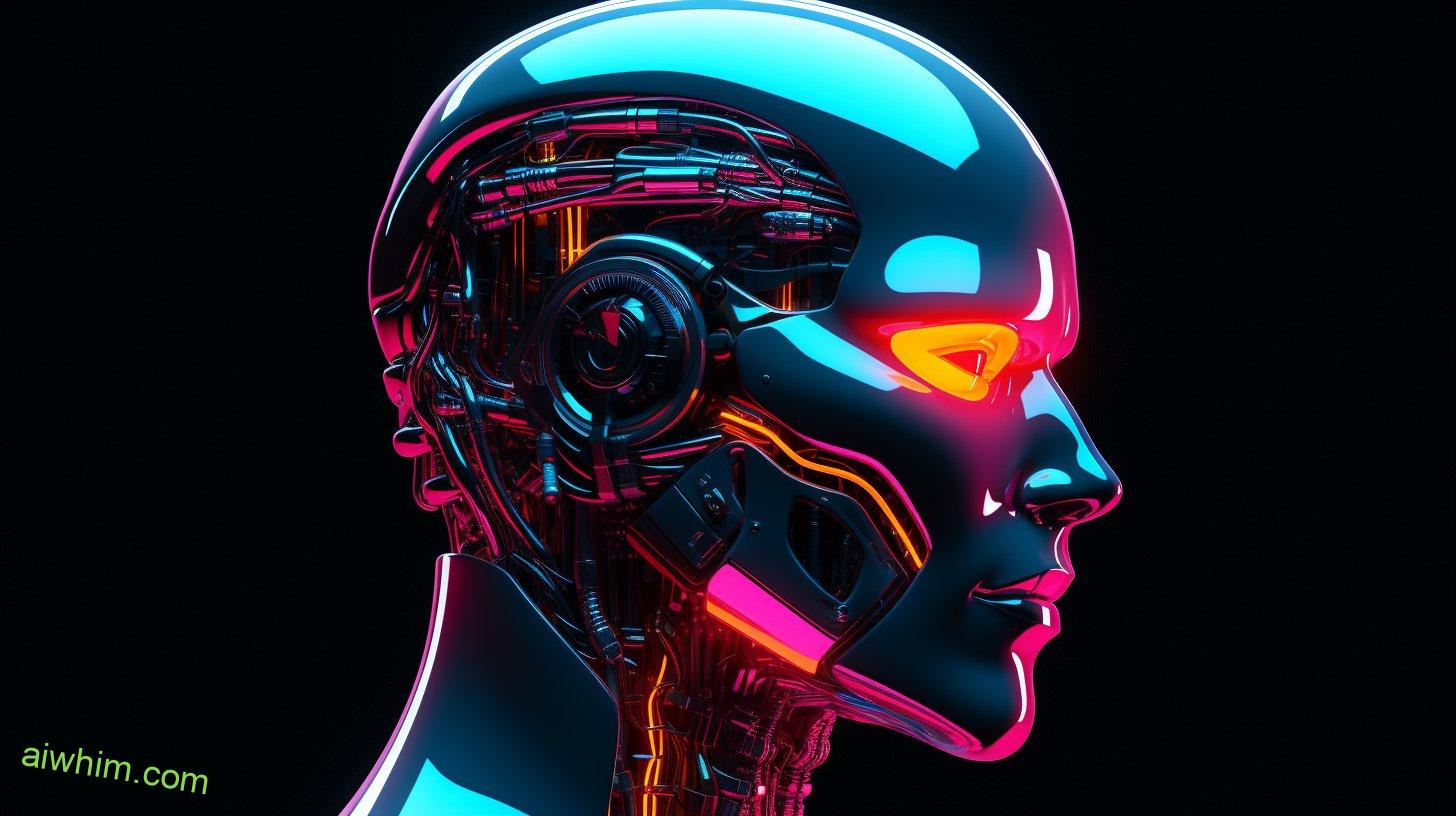
The Art of Mixology: Can AI Replicate the Skill
Imagine being able to experience the art of mixology in a whole new way, with automated systems that can replicate the skill and creativity of human bartenders. You may wonder if AI technology can truly capture the essence of mixology and cater to your unique preferences. While AI has made significant advancements, it still has its limitations in replicating the human touch and adaptability that bartenders bring to the table.
AI limitations in mixology stem from its inability to fully understand and adapt to customer preferences. While it can analyze data and patterns to suggest popular drink combinations, it may struggle to grasp the nuances of individual tastes. The personal touch of a bartender, who can engage in conversation, ask questions, and customize drinks based on your specific preferences, can’t be replicated by a machine.
The art of mixology goes beyond simply pouring ingredients into a glass. It involves creativity, flair, and the ability to adapt on the spot. Bartenders have the skill to read the vibe of a room, adjust their techniques, and create personalized experiences for each customer. AI may struggle to replicate this level of intuition and adaptability, as it lacks the human touch and emotional intelligence.
While AI technology can be a useful tool in automating certain processes, it can’t completely replace the artistry and skill of a human bartender. The freedom to have a drink tailored to your unique tastes and preferences, along with the experience of interacting with a skilled mixologist, is something that AI may never fully replicate.
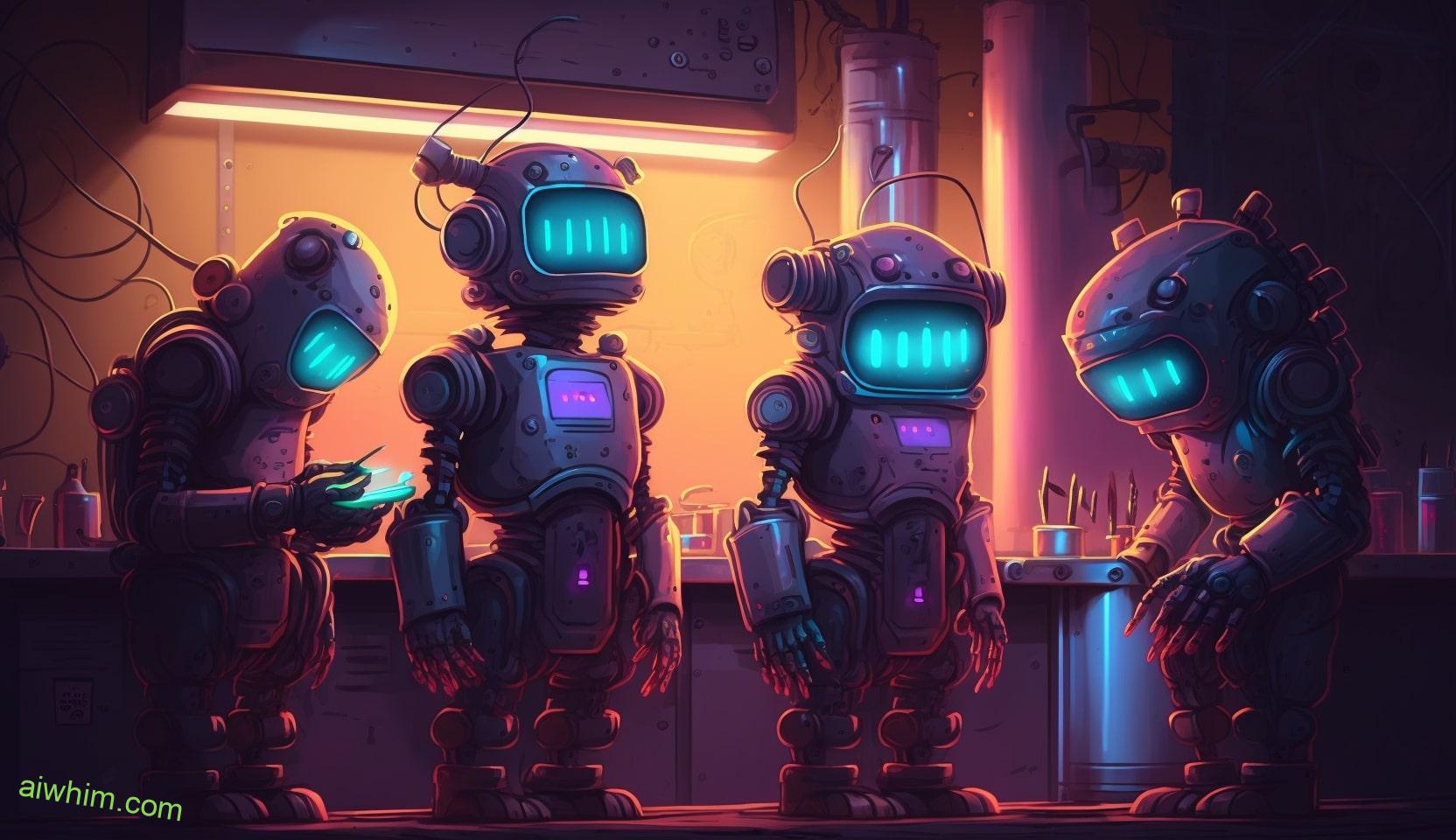
The Human Connection: Can AI Provide the Same Experience
When it comes to the human connection and the experience of interacting with a skilled mixologist, there’s a unique element that AI may struggle to replicate. The human touch, the personal connection, and the emotional intelligence that a bartender brings to the table are crucial aspects that can’t be easily replaced by artificial intelligence.
Here are a few reasons why AI may find it challenging to provide the same experience as a human bartender:
- Emotional intelligence: Can AI replicate empathy?
Understanding and empathizing with customers’ emotions is a vital skill for a bartender. AI may be able to analyze data and provide recommendations, but it lacks the ability to truly understand and connect with the customer on an emotional level. Human bartenders can sense when someone needs a listening ear or a comforting word, providing an extra layer of support that AI may struggle to replicate. - Customer trust: Can AI build rapport with customers?
Building trust with customers is essential for a bartender. A skilled mixologist can establish a rapport, remember preferences, and create a welcoming atmosphere. AI may be efficient in taking orders, but building a genuine relationship with customers requires human interaction and intuition. Trust is built through shared experiences, personal interactions, and the ability to adapt to each individual’s unique needs and preferences.
In a world where AI technology is advancing rapidly, it’s crucial to recognize the value of the human connection. While AI may be able to perform certain tasks efficiently, it can’t replace the warmth, empathy, and personal touch that a human bartender brings to the table. So, if you desire the freedom to connect with someone who can understand your emotions and build trust, a human bartender will always be irreplaceable.
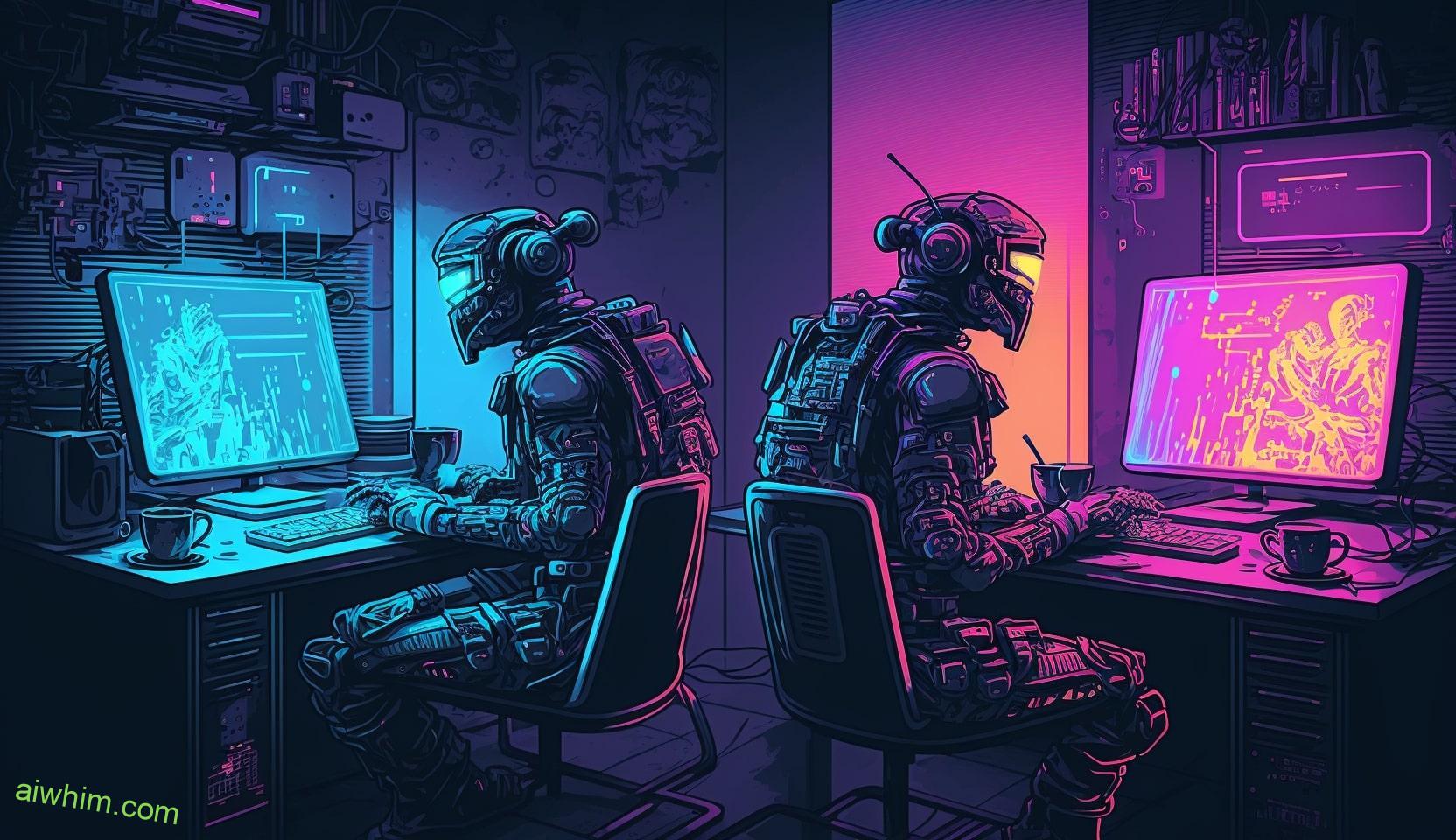
The Efficiency of AI in Bartending Operations
You may be surprised by how efficiently AI can streamline bartending operations, improving speed and accuracy in drink orders and inventory management. With AI technology, bartenders can focus more on creating unique and personalized experiences for their customers, while AI takes care of the repetitive and time-consuming tasks.
One of the key benefits of incorporating AI in bartending operations is the cost savings it can bring. By automating processes like inventory management, AI can help reduce waste and optimize stock levels, ensuring that bars always have the right ingredients on hand. This not only minimizes the risk of running out of popular drinks but also prevents unnecessary overstocking, saving money in the long run.
Furthermore, AI can streamline processes in bartending operations, making them more efficient. For example, AI-powered systems can accurately take drink orders, eliminating errors and reducing the time it takes to process them. This means customers can get their drinks faster, resulting in higher customer satisfaction and increased revenue.
In addition, AI can also assist in creating innovative and unique drink recipes. By analyzing customer preferences and trends, AI can suggest new flavor combinations and ingredients that are likely to be popular. This allows bartenders to experiment and offer exciting new options to their customers, enhancing the overall experience.
Overall, incorporating AI technology in bartending operations can bring significant cost savings and streamline processes, improving efficiency in drink orders and inventory management. By automating repetitive tasks and providing valuable insights, AI can help bartenders focus on what they do best – creating memorable experiences and providing exceptional service to their customers.
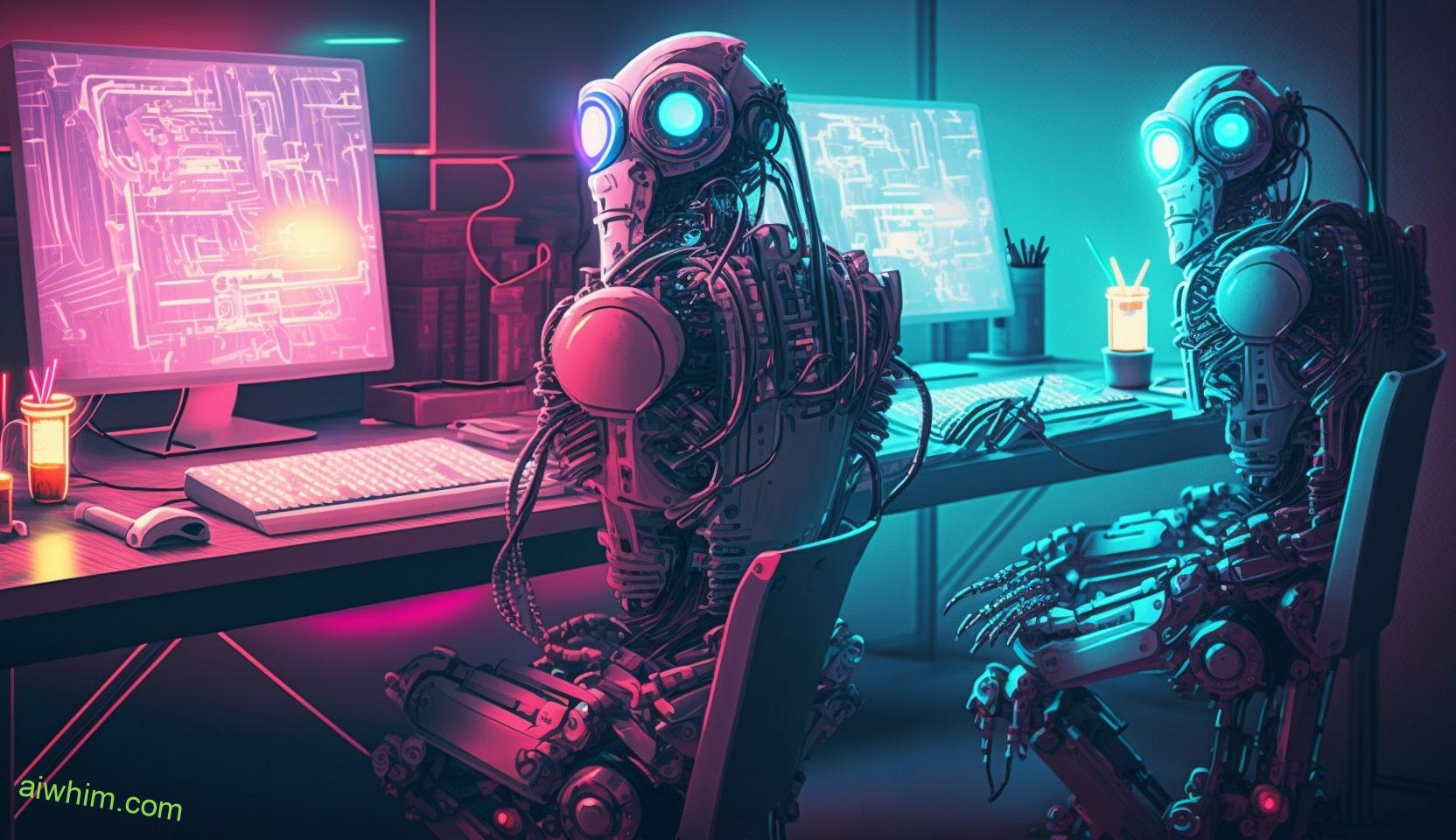
AI-Powered Chatbots: The Future of Customer Service
With AI-powered chatbots, you can receive instant and personalized assistance, improving your overall customer service experience. Gone are the days of waiting on hold or having to navigate through a complex automated phone system. AI chatbots are revolutionizing the way businesses interact with their customers, providing efficient and effective automated customer support.
Here are some reasons why AI-powered chatbots are the future of customer service in the hospitality industry:
- 24/7 Availability: AI chatbots are available around the clock, allowing you to get assistance whenever you need it. No more waiting for business hours or dealing with long response times.
- Personalized Interactions: AI chatbots are designed to understand your preferences and needs, providing you with personalized recommendations and solutions. Whether you’re looking for a specific hotel room or need assistance with a reservation, AI chatbots can tailor their responses to your specific requirements.
- Efficient Problem Resolution: AI chatbots are equipped with advanced algorithms and machine learning capabilities, allowing them to quickly analyze and address customer queries and issues. They can provide accurate and relevant information in real-time, minimizing the need for further communication or escalation.
- Enhanced Customer Satisfaction: With AI-powered chatbots, the customer service experience becomes seamless and hassle-free. You can get the information you need without any delays or frustrations, leading to higher customer satisfaction levels.
As AI continues to advance, the use of AI-powered chatbots in the hospitality industry will only become more prevalent. Automated customer support through AI chatbots is transforming the way businesses engage with their customers, ensuring a more efficient and personalized customer service experience.
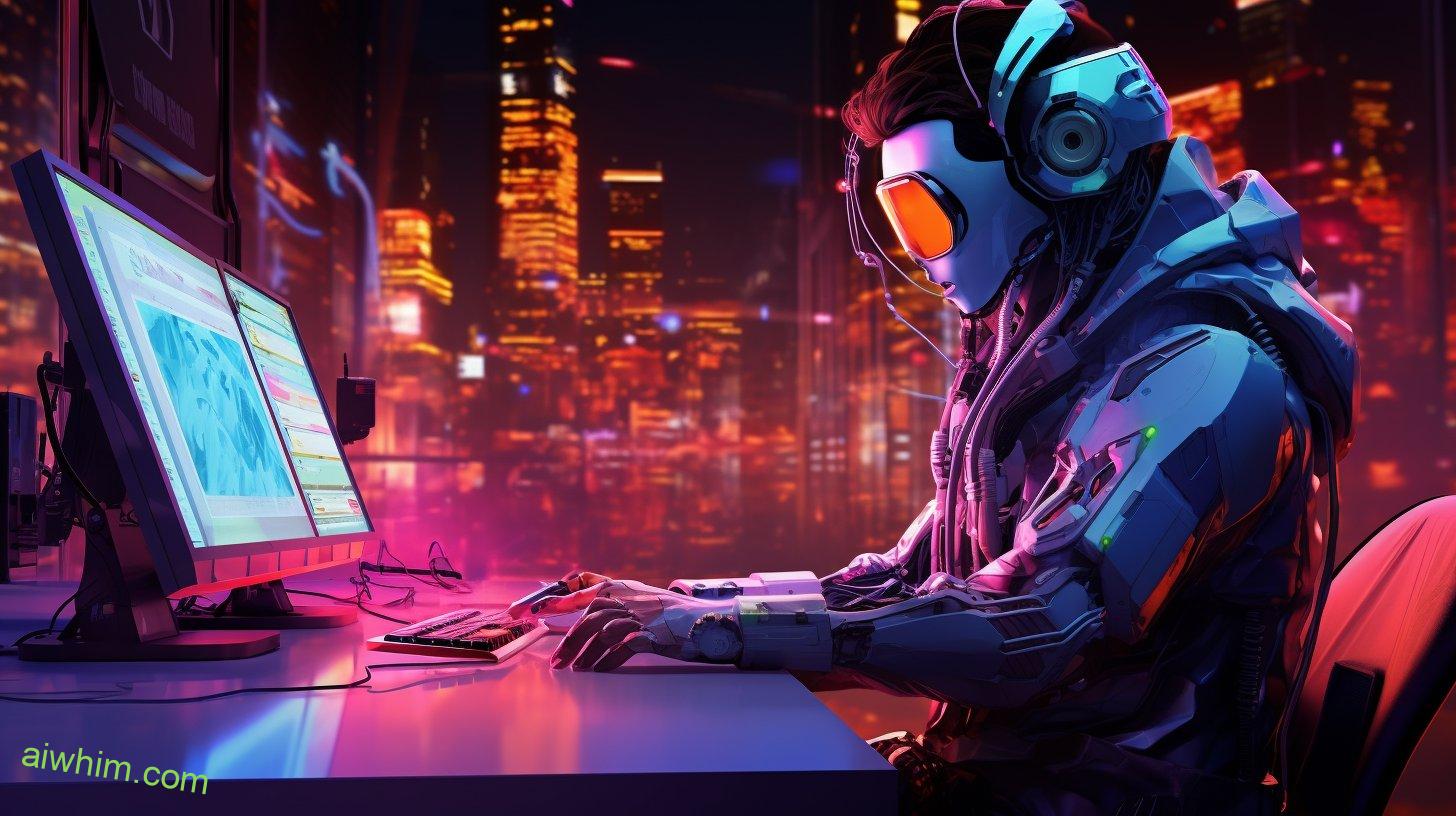
The Impact of AI on Bartender Job Market
AI’s rapid advancement is reshaping the bartender job market, with automation potentially transforming the industry. You might be wondering what this means for bartenders and their livelihoods. Well, let’s dive into the economic impact and societal implications of AI on the bartending world.
From an economic standpoint, the introduction of AI technology in bartending can lead to increased efficiency and cost savings for businesses. AI-powered robots can mix and serve drinks with precision and speed, reducing the need for human bartenders. This could result in job losses for bartenders, which may have a significant impact on their income and job security.
However, it’s essential to consider the societal implications of this technological shift. While AI may replace some bartender jobs, it can also create new opportunities and roles in the industry. Bartenders possess unique skills, such as creativity and customer interaction, that AI can’t replicate entirely. As a result, there may still be a demand for human bartenders who can provide personalized experiences and create innovative cocktails.
Moreover, the use of AI in bartending can also enhance the overall customer experience. AI-powered chatbots and voice assistants can help patrons with drink recommendations, answer their questions, and provide a personalized touch. This technology can create a more efficient and convenient experience for customers, increasing satisfaction and potentially attracting more business.
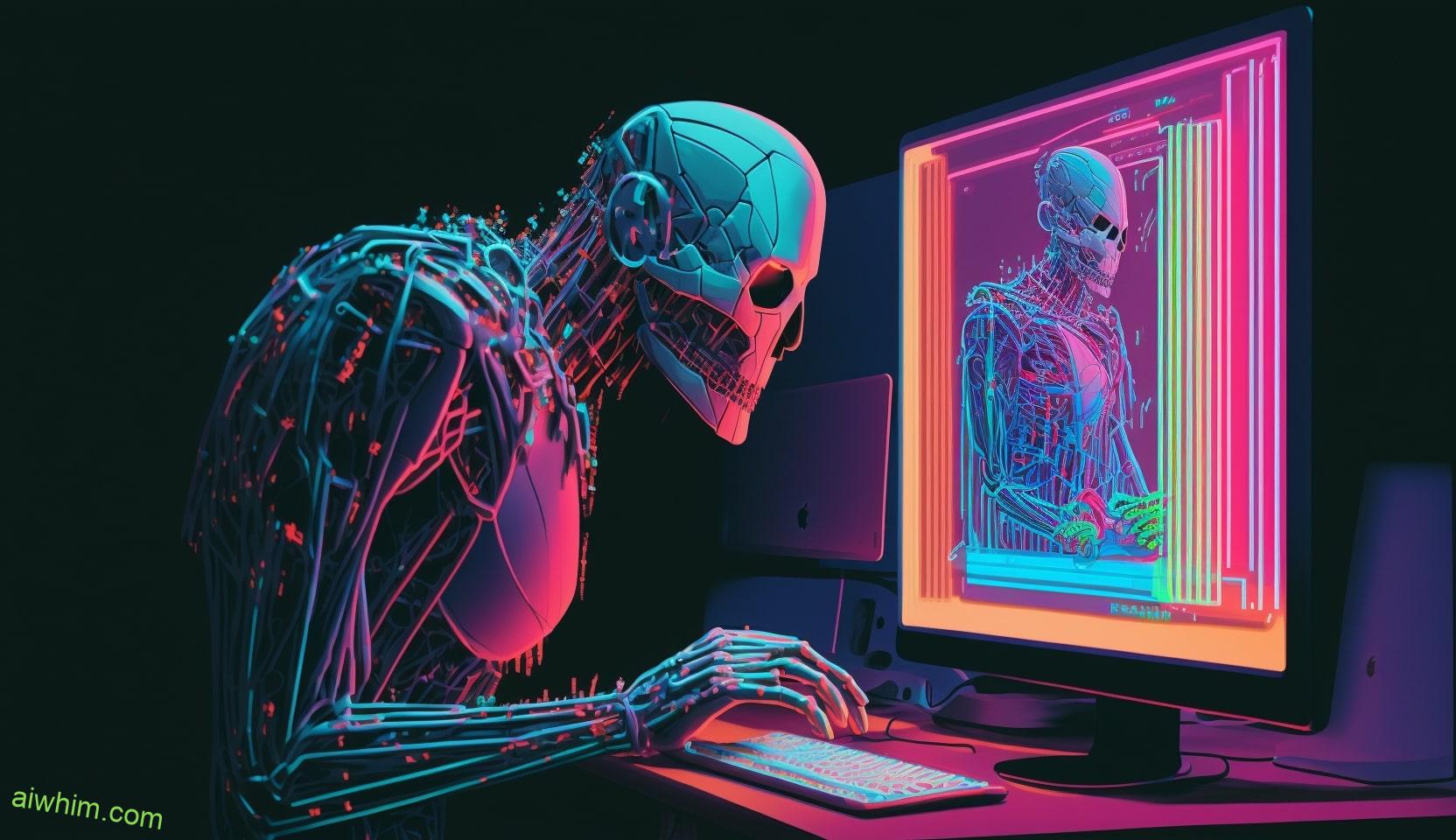
Training AI to Create Unique Cocktail Recipes
If you’re a bartender, you can train AI to create unique cocktail recipes that will impress your customers. With the advancements in AI technology, bartenders now have the opportunity to harness the power of artificial intelligence to enhance their mixology skills. Here’s how AI can revolutionize the way you create cocktails:
- AI generated mixology: Imagine having an AI assistant that can generate countless cocktail recipes for you. By training AI algorithms with your expertise and preferences, you can create a personalized AI mixologist that suggests innovative and delicious drink combinations. This opens up a world of possibilities, allowing you to experiment with flavors and ingredients you may have never considered before.
- AI assisted cocktail creation: AI can analyze vast amounts of data and identify patterns, allowing it to suggest ingredient combinations that complement each other perfectly. This means you can create unique and balanced cocktails with ease, even if you’re not a seasoned mixologist. AI can also help you optimize ingredient proportions, ensuring consistency in taste and presentation.
AI technology doesn’t aim to replace bartenders, but rather to empower them with new tools and possibilities. By embracing AI assisted cocktail creation, you can elevate your craft, delighting your customers with innovative and personalized drink experiences.
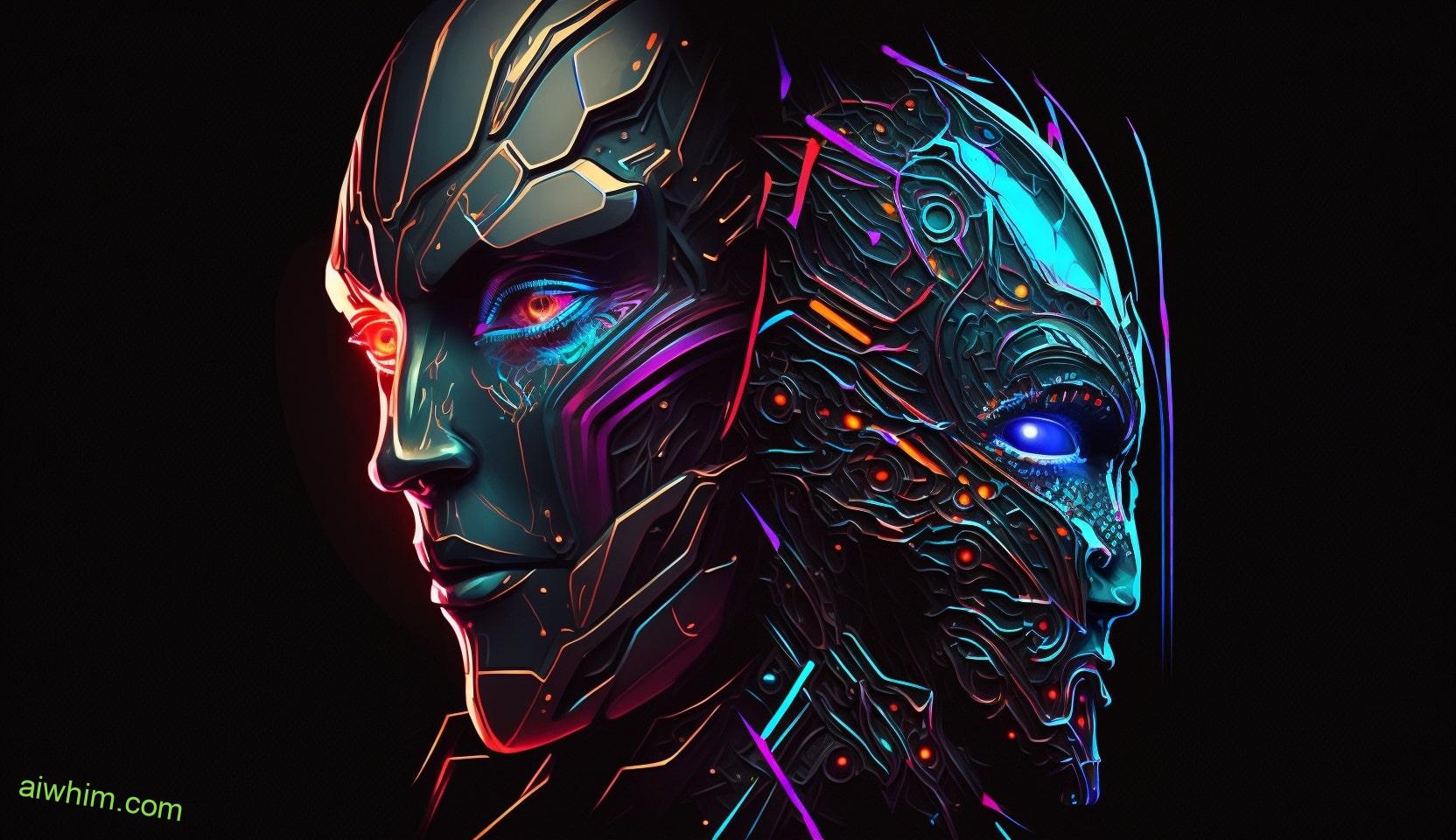
AI and Alcohol Consumption: Ethical Considerations
When it comes to AI and alcohol consumption, it’s important to consider the ethical implications. AI technology has the potential to revolutionize the way we regulate alcohol and ensure responsible consumption. However, it’s crucial to strike a balance between the convenience and efficiency AI offers and the need to protect individual freedoms and privacy.
One ethical consideration is the use of AI in alcohol regulation. With the ability to analyze vast amounts of data, AI can help identify patterns of excessive drinking and intervene when necessary. This could potentially prevent alcohol-related accidents and save lives. However, there’s a fine line between monitoring and invading personal privacy. It’s essential to ensure that any AI systems implemented in alcohol regulation respect individuals’ rights and don’t infringe upon their freedom.
Another ethical implication is the potential impact on the job market. AI technology has already been used to automate various tasks, and there’s a concern that it could replace human bartenders altogether. While AI can offer efficiency and consistency, it’s essential to consider the impact on livelihoods and communities. Striking a balance between technological advancements and human employment is crucial to maintain a society that values freedom and individual well-being.
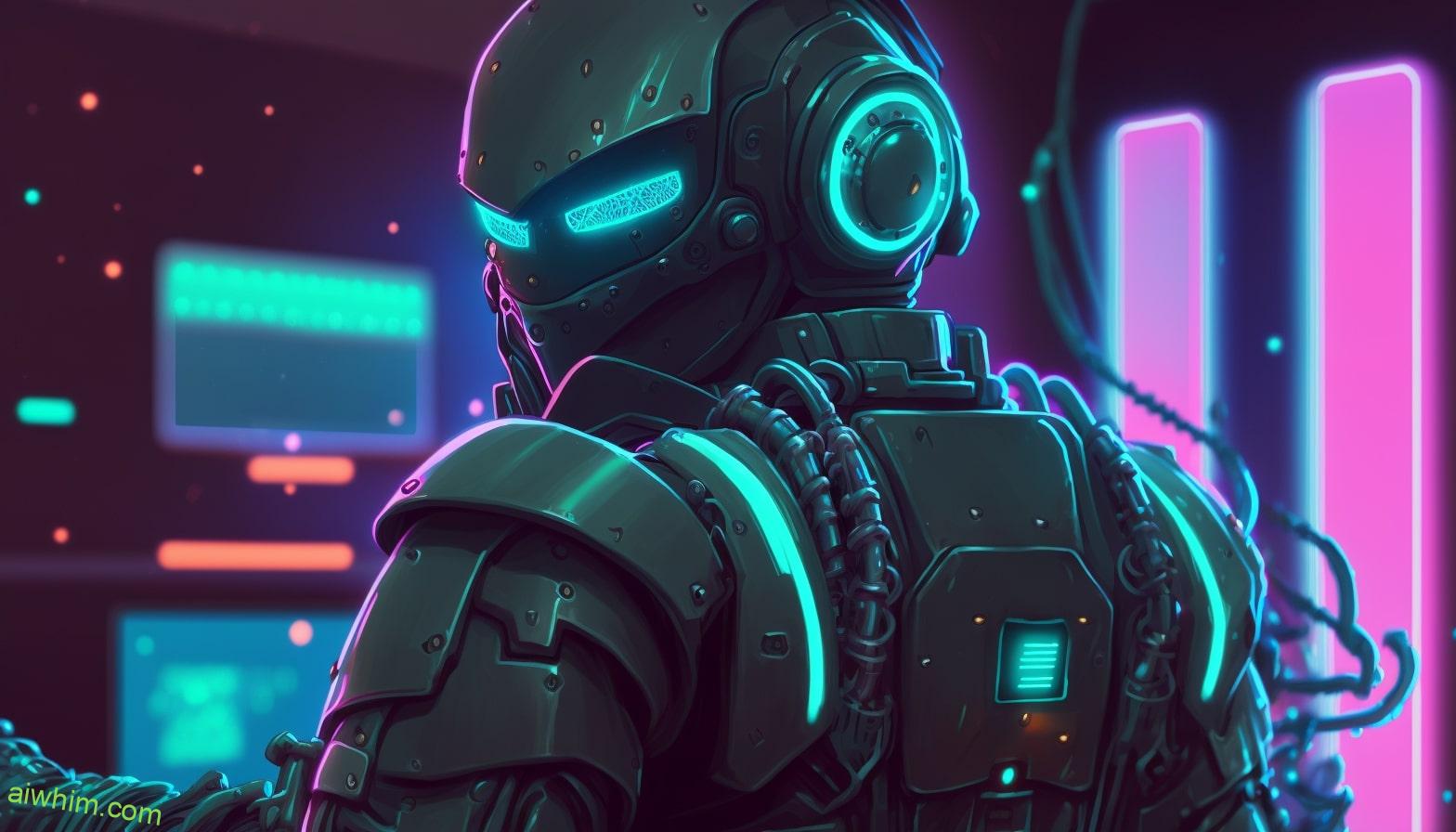
The Challenges of Implementing AI in Bar Settings
Implementing AI in bar settings presents challenges such as ensuring smooth integration without compromising the personal touch and experience that you, as a customer who values freedom, desire. While AI technology has the potential to revolutionize the bar industry, there are several hurdles that need to be overcome in order to achieve a successful implementation. Here are some of the challenges and strategies that bar owners and managers face:
- Technical Integration Challenges:
- Compatibility issues between existing systems and AI technology.
- Ensuring a seamless transition without disrupting the daily operations of the bar.
- Maintaining the Personal Touch:
- Striking a balance between the efficiency and convenience AI can provide, while preserving the human interaction and personalized service that you value.
- Training AI systems to understand and respond appropriately to customer preferences and emotions.
To overcome these challenges, bar owners and managers can employ various implementation strategies:
- Gradual Integration:
- Implement AI technology in phases, allowing staff and customers to adapt gradually without feeling overwhelmed.
- Test and refine the AI system in a controlled environment before rolling it out to the entire bar.
- Training and Collaboration:
- Provide comprehensive training to staff on how to work alongside AI technology and leverage its capabilities.
- Encourage collaboration between AI systems and human bartenders, allowing them to complement each other’s strengths.
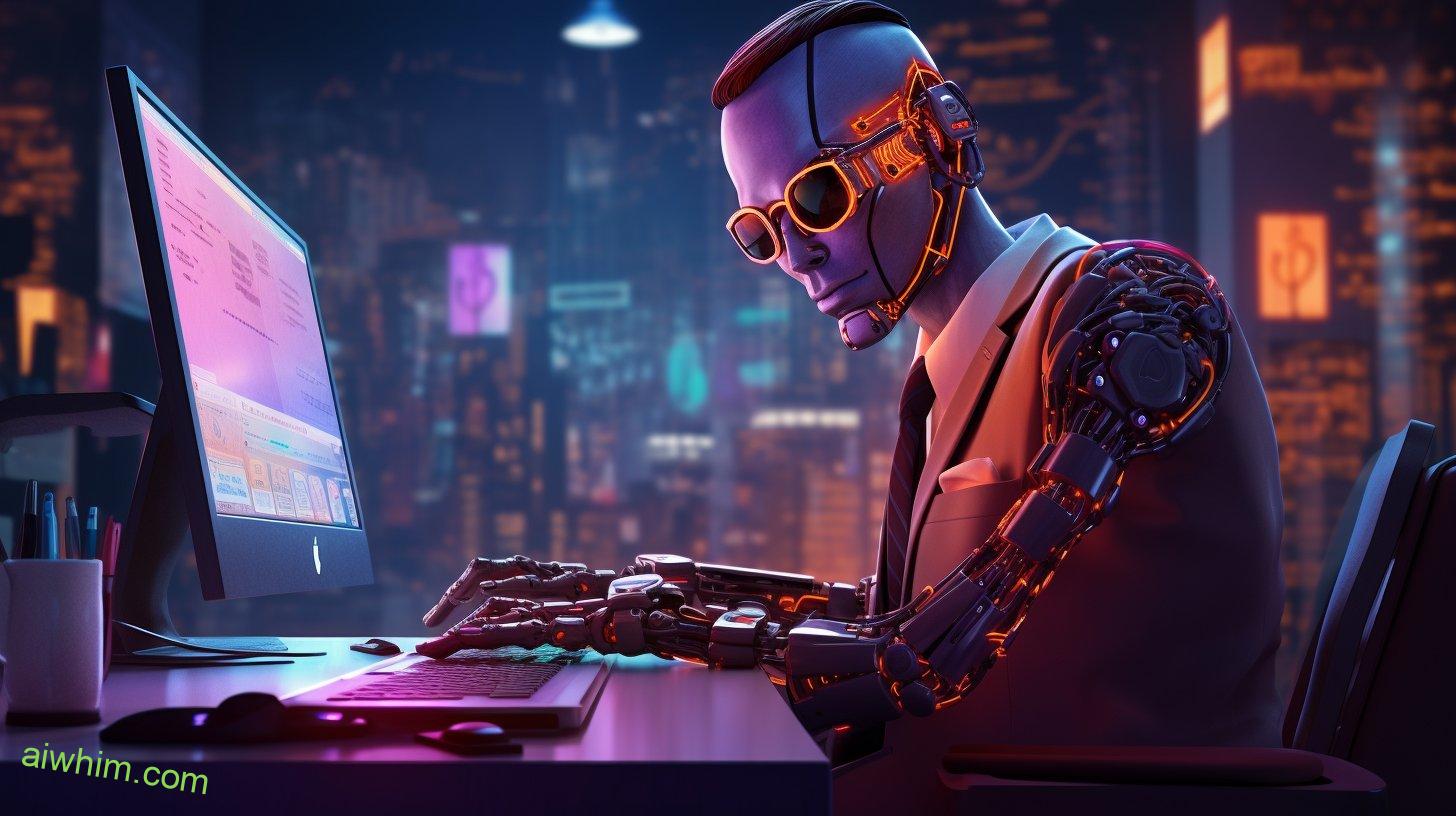
The Cost-Benefit Analysis of AI in Bartending
As a customer who values personal interaction and efficiency, you’ll find that the cost-benefit analysis of AI in bartending shows how it can enhance the overall experience while streamlining operations. AI technology has the potential to revolutionize the bartending industry, making it more economically feasible for businesses while maintaining the crucial customer satisfaction factor.
With AI bartenders, you can expect a faster and more efficient service. Gone are the days of waiting in long queues to order your favorite drink. AI-powered bartending systems can accurately and quickly process orders, ensuring that you get your drink in no time. This increased efficiency means that you’ve more time to enjoy your night and socialize with friends.
Furthermore, AI bartenders can offer a level of personalization that’s unmatched. These systems can remember your preferred drinks, allowing them to make recommendations based on your past choices. This personalized touch enhances the overall experience, making you feel valued and understood as a customer.
In terms of economic feasibility, AI bartenders can significantly reduce labor costs for businesses. With automation taking care of the repetitive tasks, human bartenders can focus on creating unique and innovative drink recipes. This not only saves costs but also promotes creativity and craftsmanship in the industry.
However, it’s important to note that while AI technology can enhance efficiency and reduce costs, it can’t entirely replace the human touch. The charm and charisma of a human bartender can’t be replicated by a machine. Therefore, the integration of AI in bartending should be seen as a tool to enhance the overall experience rather than a complete replacement.
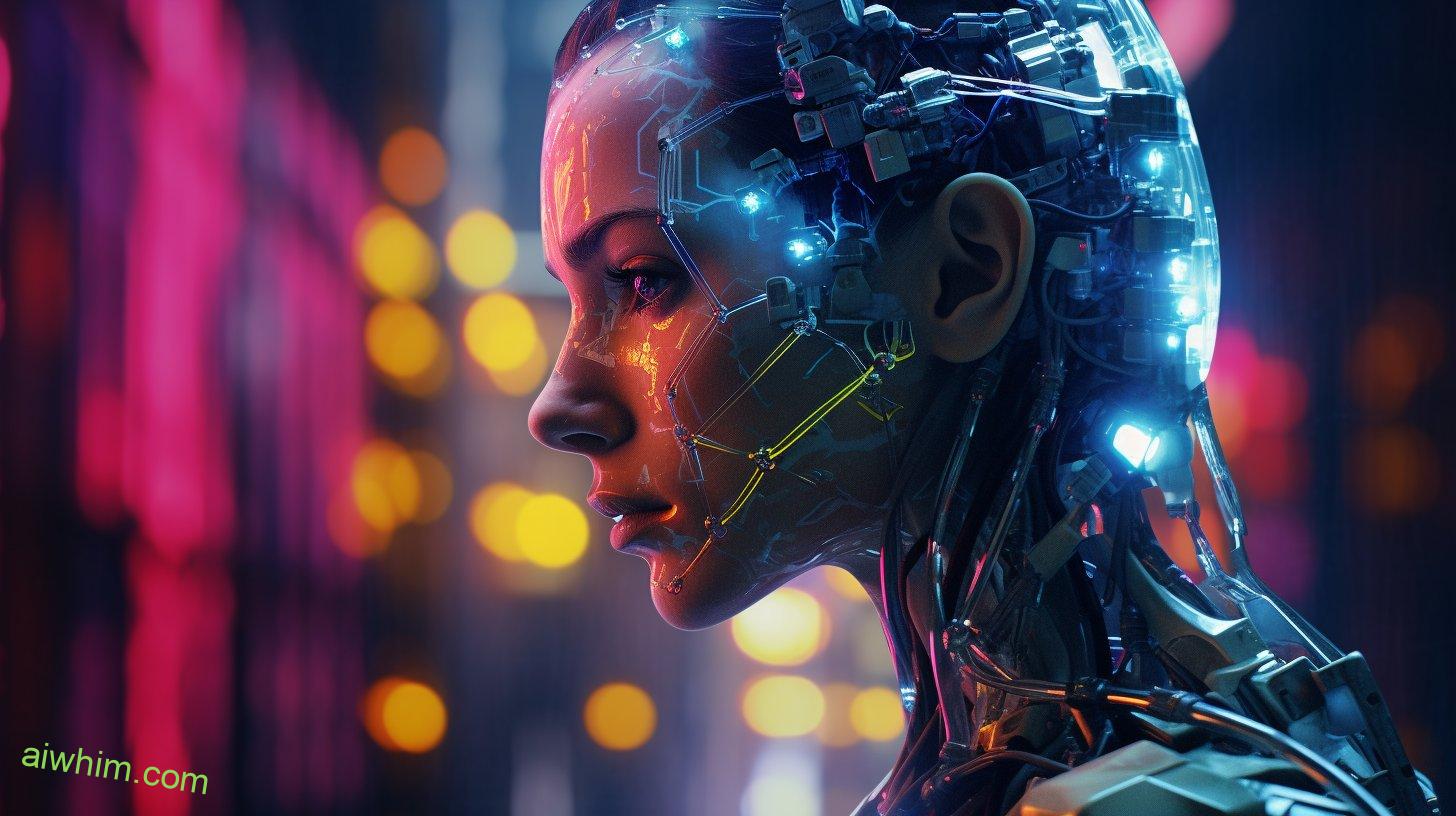
AI and Personalization: Customizing Drinks for Customers
To have a truly personalized drink experience, bartenders can use AI technology to customize drinks based on your preferences and past choices. With AI, bartenders can analyze your preferences and create drink recommendations tailored just for you. Here’s how AI can revolutionize the way you enjoy your drinks:
- AI can learn your taste preferences: By analyzing your past orders and drink choices, AI can understand your taste preferences and create personalized recommendations. It takes into account factors such as the type of alcohol you prefer, your preferred level of sweetness or bitterness, and even your preferred garnishes or mixers.
- AI can suggest new and exciting combinations: AI algorithms are constantly learning and evolving. They can suggest new and innovative drink combinations based on your preferences. Whether you’re looking for a classic cocktail with a twist or a completely unique creation, AI can help you discover new flavors and experiences.
- AI can adapt to your changing preferences: Your taste preferences may evolve over time, and AI can adapt to these changes. By constantly analyzing your choices and feedback, AI can update its recommendations to ensure that you always have a drink that suits your current preferences.
With AI technology, bartenders can provide a level of personalization and customization that was previously unimaginable. By understanding your preferences and past choices, AI can recommend drinks that are tailored specifically to you. So sit back, relax, and let AI take your drink experience to new heights of personalization and enjoyment. Cheers to freedom of choice!
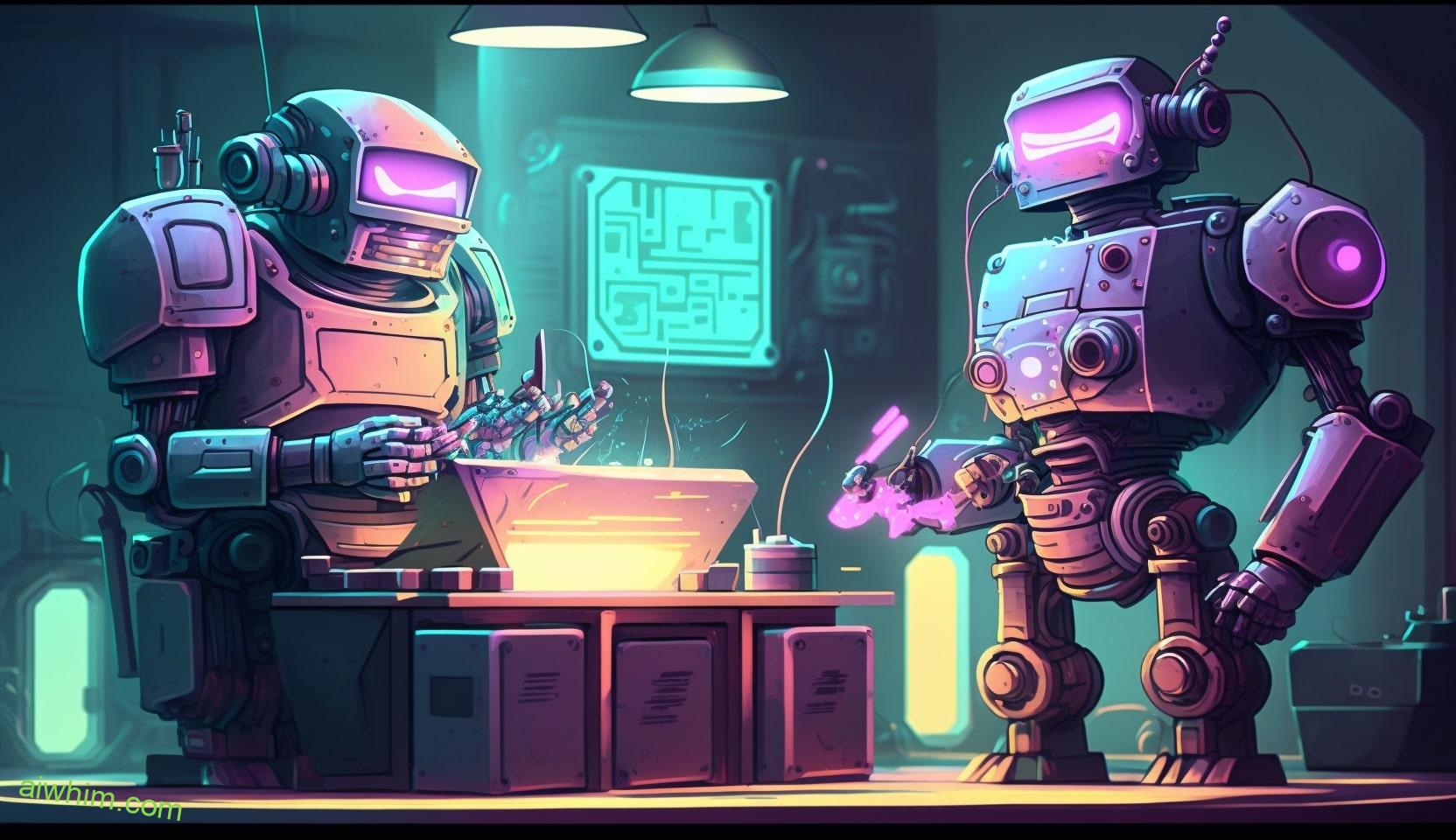
AI in Bartending: Redefining the Customer Experience
When it comes to redefining your customer experience, AI in bartending offers endless possibilities for personalization and enjoyment. With AI technology, bartenders can now focus on creating unique and innovative drinks, while the AI takes care of the repetitive tasks. This not only improves efficiency but also enhances the overall customer experience.
Imagine walking into a bar where every drink is perfectly crafted to suit your preferences. AI in bartending makes this a reality by analyzing your past drink choices and creating a personalized menu just for you. It takes into account your preferred liquor, flavors, and even adjusts the sweetness or strength of the drink based on your taste. This level of personalization ensures that every drink you’ve is tailored to your liking, making your experience truly unforgettable.
But AI in bartending goes beyond just personalized drink menus. It can also enhance the ambiance and atmosphere of the bar. Intelligent lighting systems can be synced with the AI, creating a dynamic and immersive experience. Imagine the lights changing and the music shifting to match the drink you’re enjoying. This level of attention to detail creates a sense of freedom and enjoyment, making every moment in the bar a memorable one.
Furthermore, AI technology can help bartenders manage their inventory more efficiently. By analyzing data on customer preferences and demand patterns, the AI can predict which ingredients are likely to run out and automatically place orders. This ensures that the bar never runs out of stock and customers never have to wait for their favorite drink.
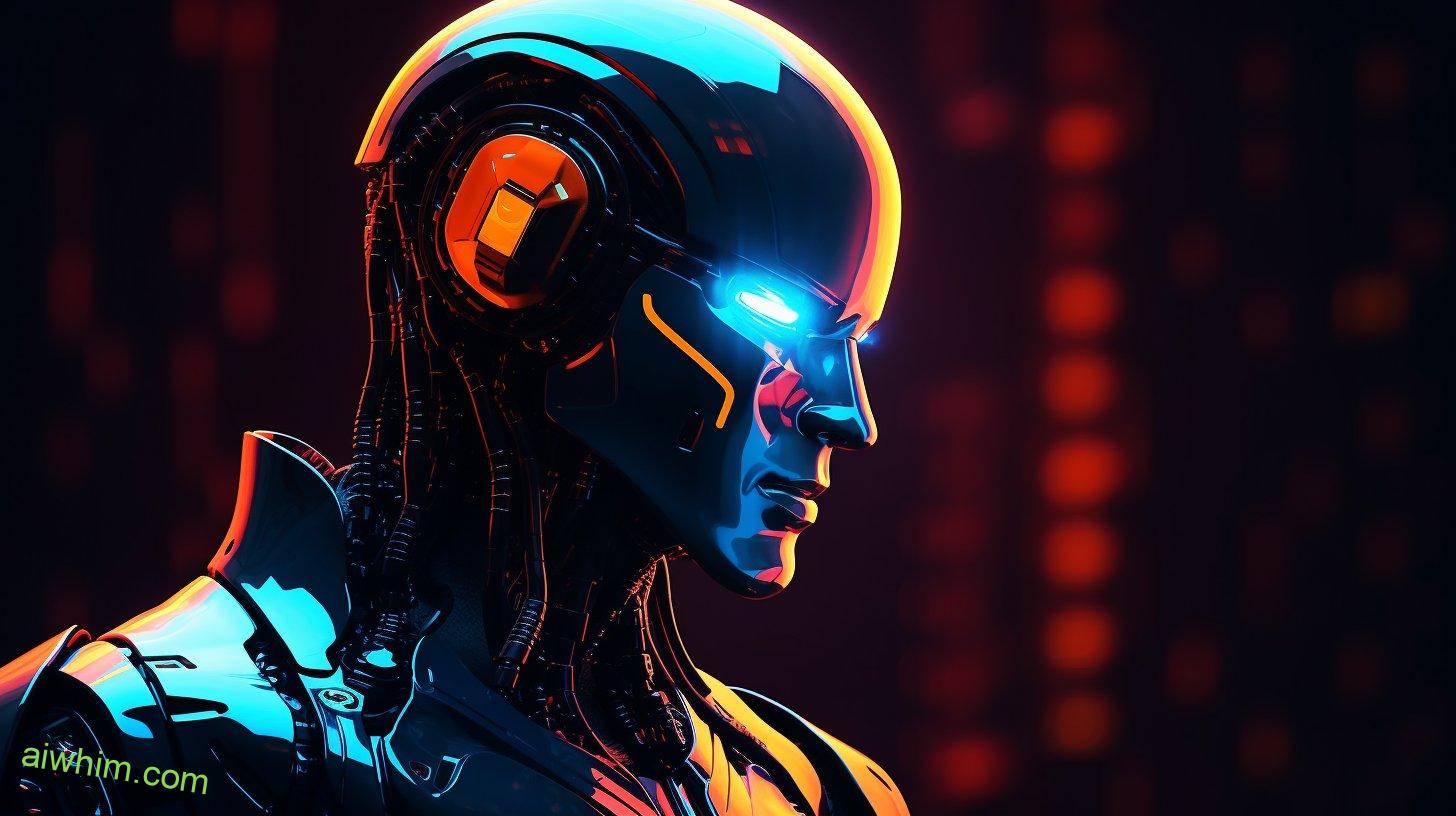
The Future of Bartending: Human Vs AI Collaboration
Picture this: you walk into a bar, and instead of being greeted by a human bartender, you’re met with the sight of a sleek, futuristic robot behind the counter. The future of bartending is here, and it’s a collaboration between humans and AI that promises to revolutionize the way we experience our favorite drinks.
But what does this mean for customer satisfaction? Will the introduction of AI detract from the personal touch that bartenders bring to the table? Not necessarily. In fact, the impact of AI on customer satisfaction in the world of bartending is quite remarkable.
Here’s why:
- Efficiency: AI-powered bartending systems can work at lightning speed, ensuring that you never have to wait long for your drink. With their ability to process orders quickly and accurately, you can enjoy your favorite concoctions without any delay.
- Personalization: Contrary to what you might think, AI can actually enhance the personal touch in bartending. By analyzing customer preferences and past orders, AI systems can recommend tailored drinks that suit your taste buds. It’s like having a bartender who knows you inside out.
- Versatility: AI isn’t limited to just making drinks. These systems can also provide valuable information about the history and origins of various cocktails, making your experience at the bar both entertaining and educational.
- Collaboration: The future of bartending lies in the collaboration between humans and AI. While AI can handle the repetitive tasks and streamline operations, human bartenders can focus on what they do best – providing a warm, engaging, and personalized experience for customers.

Frequently Asked Questions
How Can AI Technology Impact the Role of Bartenders in the Service Industry?
AI technology’s impact on the role of bartenders in the service industry includes improved customer satisfaction and potential cost savings for businesses. It offers a unique opportunity for bartenders to enhance their skills and provide a more personalized experience.
Can AI Replicate the Skill and Artistry of Mixology?
AI technology may not fully replicate the skill and artistry of mixology. While it can create unique cocktail recipes, it lacks the human touch and creativity. Ethical concerns and limitations in AI also arise.
Will AI Be Able to Provide the Same Level of Human Connection and Customer Experience as Human Bartenders?
AI technology can never fully replicate the human connection and customer experience provided by human bartenders. Its limitations in emotional intelligence make it incapable of understanding and responding to the unique needs and desires of individuals.
What Are the Challenges of Implementing AI in Bar Settings?
Implementing AI in bar settings presents challenges such as adapting to the unique bar environment and ensuring suitability. However, with proper training and technology development, AI can enhance efficiency and customer experience.
How Will AI Technology Impact the Job Market for Bartenders?
AI technology will greatly impact the job market for bartenders. It could potentially lead to a decrease in income and limited future job prospects in the service industry. However, the choice of embracing or resisting AI technology ultimately lies with you.
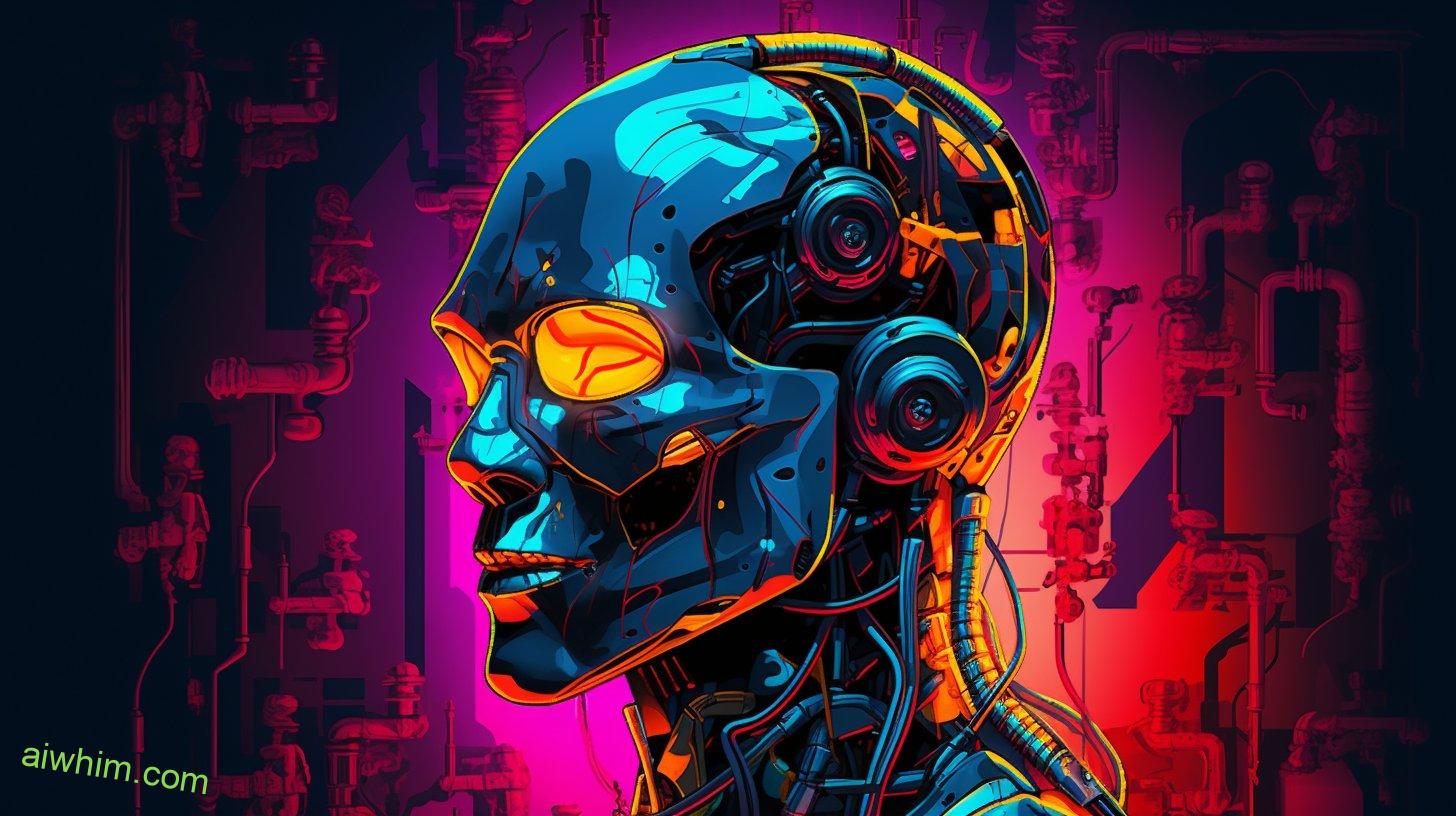
Conclusion
In conclusion, while AI technology has the potential to automate certain aspects of bartending and enhance efficiency, it can’t fully replace the role of human bartenders. The art of mixology, the human connection, and the ability to personalize drinks for customers are all integral parts of the bartending experience that AI can’t replicate.
Instead, the future of bartending lies in a harmonious collaboration between humans and AI, like a well-blended cocktail that combines the best of both worlds.

